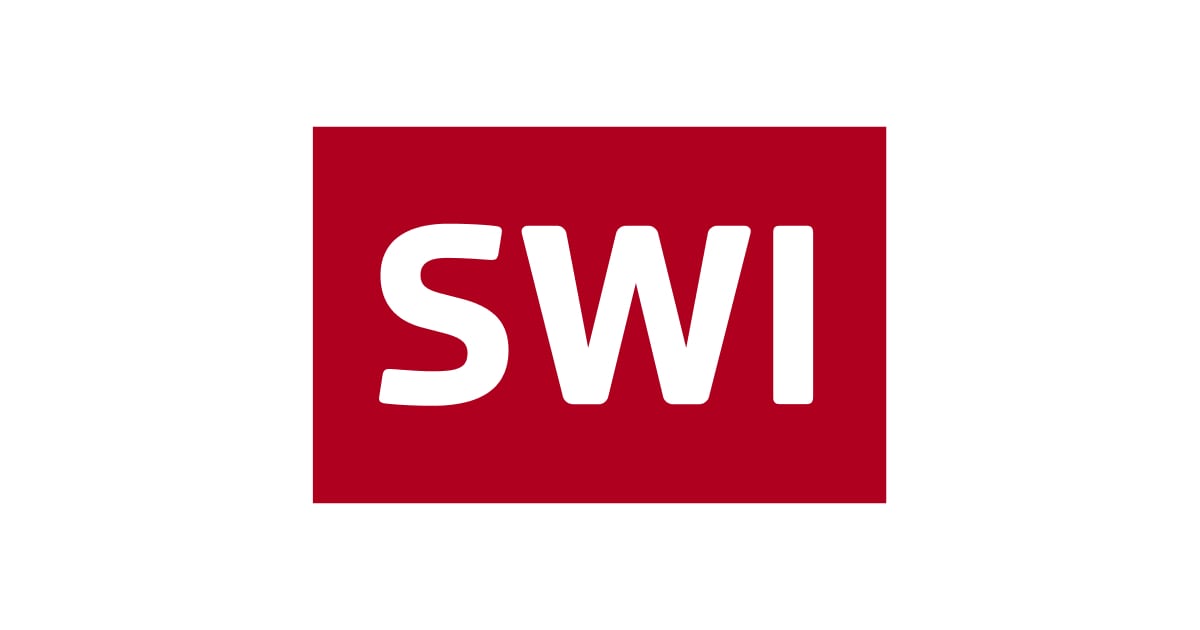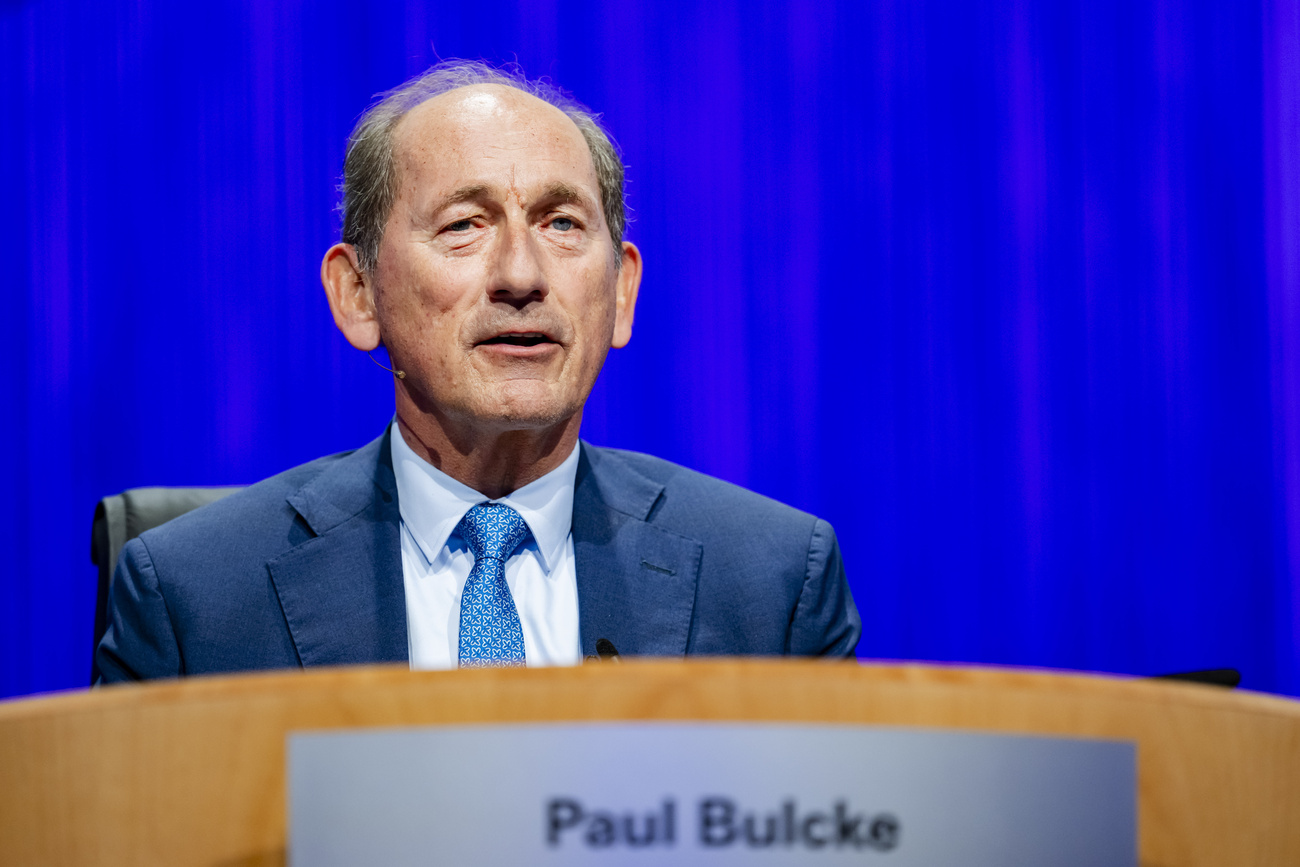
Calls grow for foreigners’ right to buy homes

Pressure is mounting to lift restrictions on foreigners wanting to buy property in Switzerland following voters’ approval of a strict maximum limit on holiday homes.
Proposals are being mooted by politicians from several parties as experts squabble over the terms and the implementation of an environmental initiative.
The narrow majority on March 11 for a proposal to impose a 20 per cent cap on second homes sent shock waves through mountain regions and the tourist sector. It is prompting renewed calls for the scrapping of restrictions on foreigners’ property rights.
Politicians, notably from centre-right parties and in particular representatives of mountain regions, argue the time is right to review and remove the legal restraints four years after parliament threw out similar plans put forward by the government.
There is nonetheless firm opposition from the political right and left in parliament as experts point out the risks of attracting international capital to an unprotected real estate market.
“Lifting restrictions would increase pressure on property prices in cities such as Zurich and Geneva and possibly some smaller towns with international prestige, such as Lucerne and Zug,” said Daniel Müller-Jentsch, a real estate expert at the think tank Avenir Suisse.
“This would add to the price pressure caused by high immigration levels and low interest rates,” he added.
A similar property price hike is expected in premium tourist destinations as a result of the second home initiative, according to Müller-Jentsch.
Tax contribution
An additional element in the debate is a proposal to tie real estate purchase to a substantial tax contribution to help fund public infrastructure projects.
Jacqueline Badran, a Social Democratic parliamentarian, has mooted a mandatory minimum five-year period of residency as a precondition for buying property.
Dismissing allegations of xenophobia she says the rules should be the same for all regardless of the nationality of a buyer. “The aim is to prevent property prices from surging, notably in urban areas.”
In a similar vein, Hans Kissling, an economist and expert on regional development planning, added, “It is crucial for cities that restrictions remain in place for foreigners wishing to purchase real estate in Switzerland.”
In an article in the Tages-Anzeiger newspaper he warns that lifting restrictions would open the floodgates to foreign investors seeking golden opportunities in a global property market.
Immediate effect
While opponents and supporters of the restrictions haggle over the implementation and the scope of the holiday home initiative, Environment Minister Doris Leuthard last week reiterated the government’s position.
“The constitutional amendment applies with immediate effect whether you like it or not,” she told the media.
Requests handed in by prospective buyers before that date remain valid, she says. But Leuthard called on local authorities to exercise restraint in handling applications submitted between March 11 and December 31 of this year until the details of the legal amendments are settled.
“In controversial cases it will be up to the courts to decide,” she said.
As of 2013, communes exceeding the 20 per cent second homes quota must grant no more building permits.
A task force with representatives of the federal, cantonal and local authorities as well as the holiday home initiative committee has been mandated to draft guidelines for the transitional period before parliament decides on legal changes.
First results are expected by autumn.
Status quo
The result of the March 11 vote has no immediate impact on Swiss property ownership by foreigners, according to the Federal Justice Office.
The purchase of real estate remains possible in line with current restrictions – namely a maximum of 1,500 licences annually.
Figures show that between 70 per cent and 100 per cent of the quota was used in the past few years. Most requests were made by cantons Valais, Vaud and Ticino in 2010.
“In principle only foreigners who live outside Switzerland and non-Swiss nationals without a residence permit – which by definition excludes citizens of the European Union and the European Free Trade Association – are subject to property rights restrictions,” said spokeswoman Ingrid Ryser.
Whether the property is used as a holiday home or permanent residence has no legal bearing.
“Of relevance is only where the buyer spends most of his time, according to the terms of the civil code.”
Foreigners (individuals and companies) wishing to buy Swiss property must first obtain a permit from the canton where they wish to purchase. The number of such permits is strictly limited.
EU/Efta citizens and C-permit holders living in Switzerland are not considered “persons abroad” in this context.
Property bought for the purpose of creating a permanent business operation is exempt, unless the business trades, leases or rents that property out.
Foreigners buying property to use as a home must use it as their main residence.
Restrictions on foreigners buying Swiss property were put in place in 1961 aimed at preventing overseas investors from distorting the domestic housing market.
The regulations were enshrined in law in 1983 and modified later. A government proposal to abolish the rules was rejected by parliament in 2008.

In compliance with the JTI standards
More: SWI swissinfo.ch certified by the Journalism Trust Initiative






































You can find an overview of ongoing debates with our journalists here . Please join us!
If you want to start a conversation about a topic raised in this article or want to report factual errors, email us at english@swissinfo.ch.